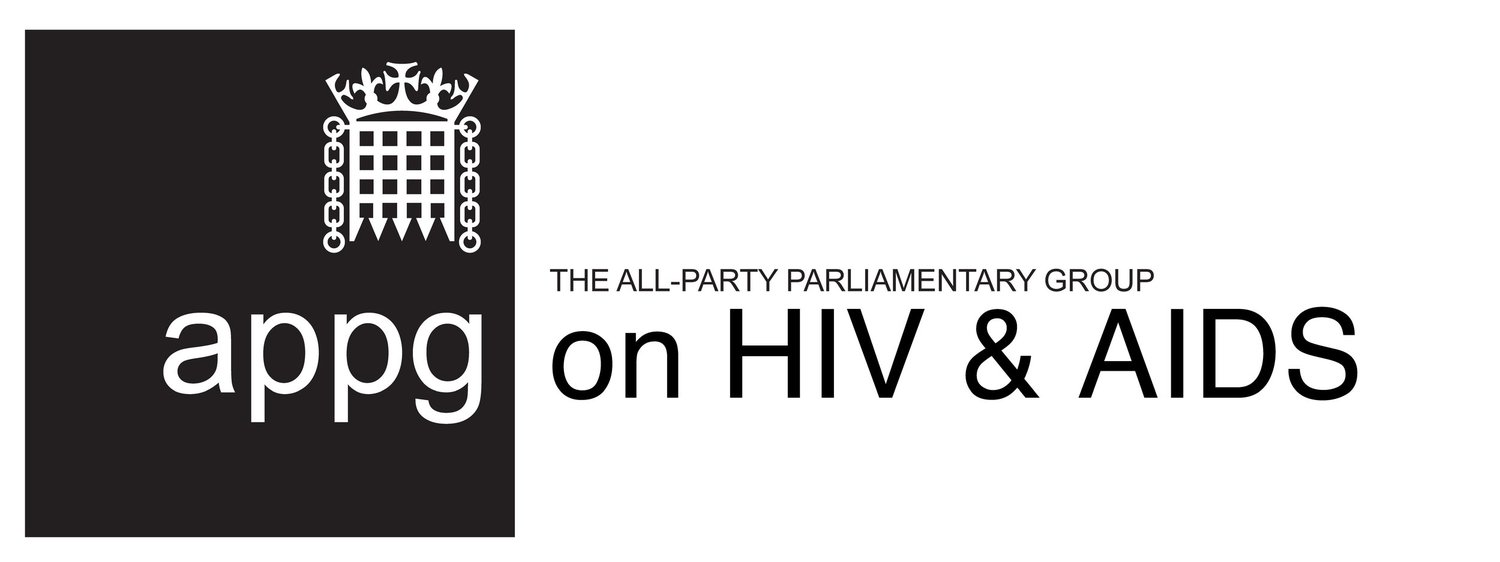The forgotten 50% living with HIV.
Women make up a third of people living with HIV, with an estimated 31,000 women living with HIV in the UK and 20 million world wide.
As a group, women do not experience the best HIV outcomes. 43% of women diagnosed in England in 2020 for the first time were diagnosed with HIV late. Late diagnosis of HIV is associated with poorer health and outcomes. Women are also not experiencing the same rates of decrease in new diagnoses as other population groups.
In 2021, 556 women were newly diagnosed with HIV for the first time in England, accounting for 27% of all new first-time diagnoses. Excluding unknown exposure risk, the vast majority of these cases (96%) were likely due to exposure during heterosexual contact. The number of new diagnoses dropped by just 1% compared to 2020.
Black African women accounted for 38% of all women diagnosed (new diagnoses increased by 6%), followed by White women accounting for 15% (new diagnoses increased by 9%, 7 cases). All ethnicities saw small increases in new cases, apart from Black Other and ‘Any other’.
Take the HIV prevention pill, PrEP. It’s a game-changer, yet it’s not on the radar of the majority of women. Cisgender women accounted for just over 1 per cent of the more than 26,000 people enrolled, with very few Black women – who account for almost 40 per cent of new HIV cases among women.
In a recent report “NotPrEPared” published by National AIDS Trust, Terrence Higgins Trust, PrEPster, Sophia Forum and the One Voice Network, found that not a single local authority in England reported more than five women using their PrEP services. If we are to end new transmissions of HIV by 2030, this must change.
Globally, the picture is much harsher.
New infections occurred disproportionately among young women and adolescent girls, with a new infection every two minutes in 2021 as reported by UNAIDS. The gendered HIV impact, particularly for young African women and girls, occurred amidst disruption of key HIV treatment and prevention services, millions of girls out of school due to pandemics, and spikes in teenage pregnancies and gender-based violence. In sub-Saharan Africa, adolescent girls and young women are three times as likely to acquire HIV as adolescent boys and young men.
We know what works. That is community-led, people-centred services; the upholding of everyone’s human rights, the removal of punitive and discriminatory laws, the tackling of stigma; the empowerment of girls and women; equal access to treatment including new health technologies; and health services, education, and social protection for all.
This is the time we must step up not only at home but globally. If we are to win this prize of no more AIDS related deaths and new transmissions of HIV by 2030, the UK Government along with Governments around the world must show courageous leadership.
Together we can end this epidemic that started 40 years ago.
Baroness Barker, Co-Chairs All Party Parliamentary Group HIV and AIDS
